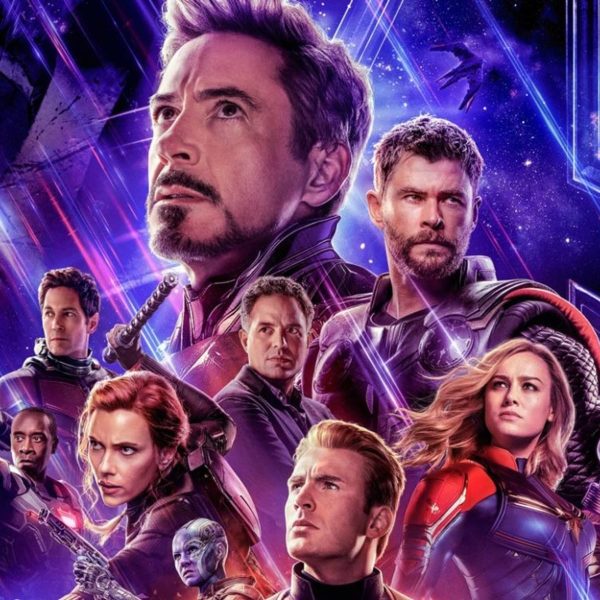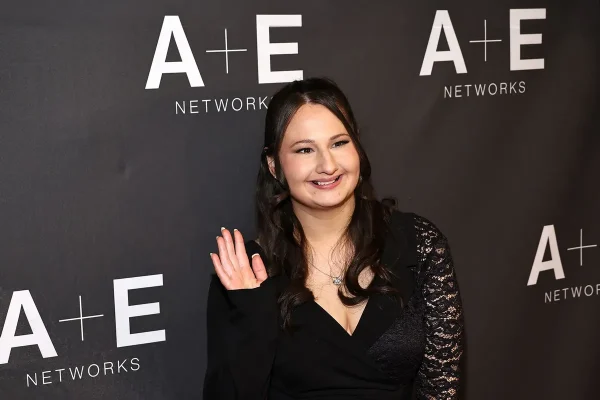The detrimental impacts of the bystander effect at Astrofest

More stories from Coco Corey
There were three types of people in the crowd the night of Astroworld: the ones who added to the chaos, the ones who witnessed the chaos, and the ones who tried to stop it. Sadly, those that tried to stop it were few and far between.
It’s been a long time since we’ve been able to attend music festivals; we have missed the energy that can only be felt in a crowd of amped-up fans coming together to share a fun and exciting experience. We’ve missed the anticipation of seeing our favorite performers in-person and loud, surrounded by a sea of people who want to celebrate them as well. Everyone is excited to be back at live music events again, but have we forgotten how to handle ourselves?
“In the olden days, or at least pre-pandemic, we went into music festivals with largely reasonable expectations: those who wait are rewarded with better views, some might push past you, you might not get the best view of the stage amidst thousands of other GA attendees, and it’s more fun when you try not to piss off those around you. After nearly two years without large-scale social contact, we feel hungry and deprived, wanting so desperately to make up for the lost time,” (Astroworld: The Anatomy of Crowd Disaster, 2021).
While some were pleading for cries of help and others were trying to help, most were simply recording the events on their phones.
At Astroworld, some crowd members experienced what’s known as compressive asphyxia, this happens when you are crushed so severely that your ribs cannot expand enough for you to take in air. The crowd was so intense that fans were literally killing other fans. On top of that, many were apathetic when it came to calling for help.
The “bystander effect” is partially at fault, a psychological phenomenon that occurs when crowds of spectators watch a tragedy unfolding but do not step up to help. The more people that observe the wrongdoing, the less likely they are inclined to help. It happens for two reasons: there is a “diffusion of responsibility,” wherein everyone thinks someone else is helping and there is also a “conformity to the crowd,” wherein everyone conforms to whatever everyone else is doing (which, in most cases, is nothing).
There are countless examples of the bystander effect, and Astroworld is yet one more. While some were pleading for cries of help and others were trying to help, most were simply recording the events on their phones; they were hearing the pleas, but not acknowledging them.
There are over one hundred lawsuits already filed against Travis Scott and Live Nation (the company that organized the event). There is plenty of blame to go around; Scott could have stopped the event at any time, and with the mic comes the power to do so, Live Nation is alleged to have had virtually no contact with Houston police or fire departments prior to the event. It is reported to be the worst handling of crowd control in U.S. music entertainment event history. But, in addition to that, those who attended Astrofest, witnessed the crisis, and ignored it, need to take blame. They knew there was conflict amidst the chaos and they continued on with their experience. This was not all of those in attendance, there were some notable exceptions for those who called for help and actively tried to stop the music. But the blame still rests on Scott, Live Nation, the crowd, the entertainer, the organizer and us, as humans, begging the question: are we ready for music festivals again?

Coco Corey is a senior entering her second year writing for The Central Trend. Coco plays on the tennis team, and she is also one of the four student section...
























































































